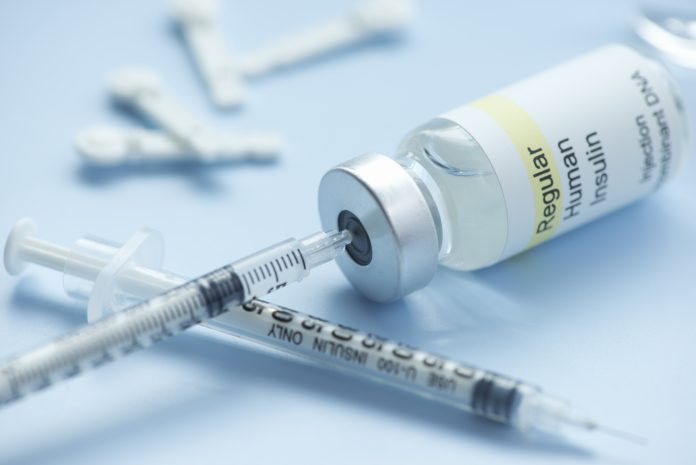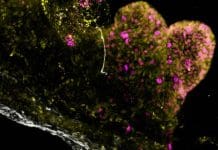A new route to the regeneration of insulin in the pancreatic stem cells indicates a major breakthrough for Types 1 and 2 Diabetes therapies
Undertaken by Monash University, in Australia, the study has been using the pancreas stem cells of a type 1 diabetic donor, to effectively reactivate them to become insulin-expressing and functioning through the use of an FDA-approved drug.
The new drug has previously been approved by the US Food and Drug Administration but is not currently licensed for diabetes treatment.
The power of insulin-producing cells and diabetes treatment
Though it requires further work, in principle the new approach would allow insulin-producing cells (beta-cells) that are destroyed in type 1 diabetics to be replaced with newborn insulin generating cells.
Led by diabetes experts Professor Sam El-Osta, Dr Keith Al-Hasani and Dr Ishant Khurana, from the Monash Department of Diabetes, this research has the potential to change millions of lives.
“Patients rely on daily insulin injections to replace what would have been produced by the pancreas. Currently, the only other effective therapy requires pancreatic islet transplantation and while this has improved health outcomes for individuals with diabetes, transplantation relies on organ donors, so it has limited widespread use,” said Professor El-Osta.
The research may lead to a potential treatment option for insulin-dependent diabetes which is diagnosed in seven Australian children every day resulting in a lifetime testing of blood glucose and daily insulin injections, to replace the insulin no longer produced by a damaged pancreas.
“We consider the research novel and an important step forward towards developing new therapies,” Professor El-Osta said. To restore insulin expression in a damaged pancreas, the researchers had to overcome a series of challenges since the diabetic pancreas was often thought to be too damaged to heal.
“We consider the research novel and an important step forward towards developing new therapies”
According to Professor El-Osta, by the time an individual is diagnosed with Type 1 diabetes much of their pancreatic beta cells, which produce insulin, have been totally destroyed. These studies show the “diabetic pancreas is not incapable of expressing insulin” and the proof-of-concept experiments “address unmet medical needs in type 1 diabetes”.
Advances in the genetics of diabetes
The advances in the genetics of diabetes have brought a “greater understanding and along with it a resurgence of interest in the development of potential therapies,” said Professor El-Osta.
Co-author of the study, Dr Al-Hasani says that as we face a globally ageing population and the challenges of escalating numbers of Type 2 diabetes which is strongly correlated with increases in obesity, the need for a cure for diabetes is becoming more urgent,” said Dr Al-Hasani.
“I would think therapy is pretty far away, however, this represents an important step along the way to devising a lasting treatment that might be applicable for all types of diabetes” said Dr Al-Hasani.








